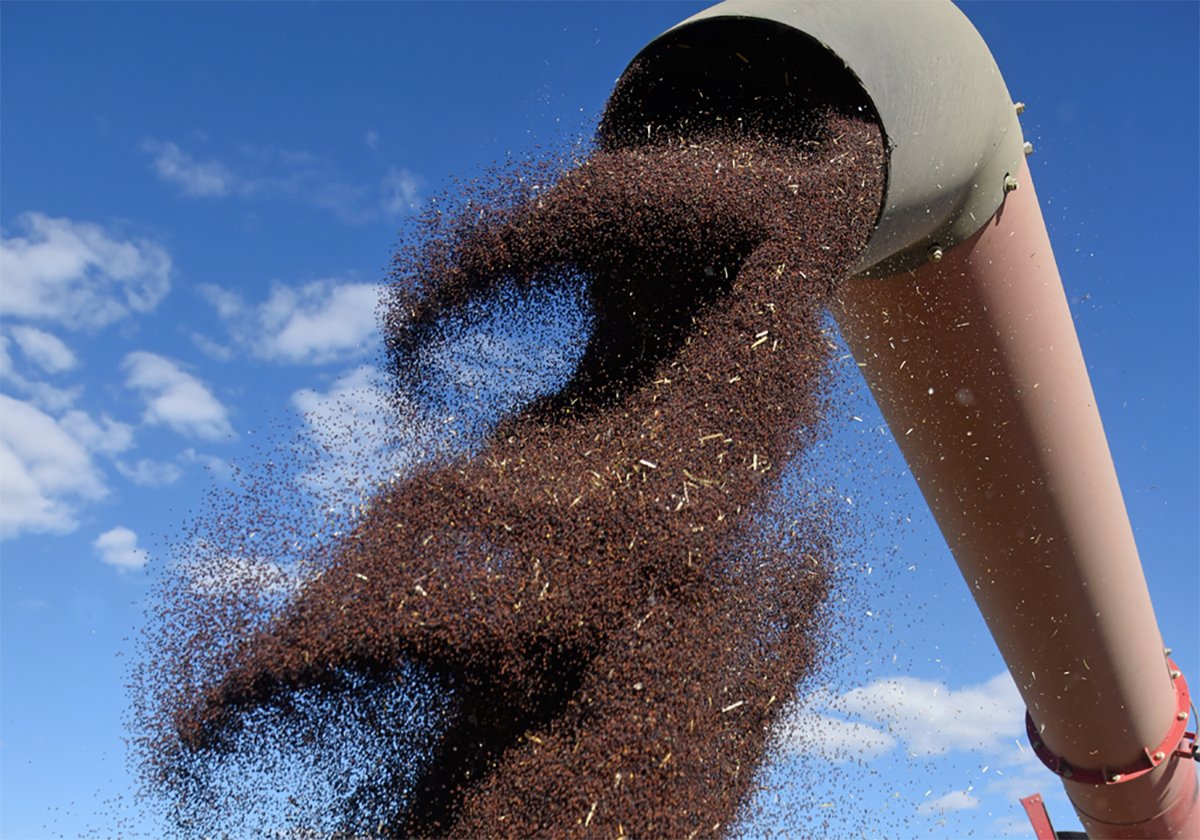The Canadian Wheat Board has agreed to sell China half a million tonnes of wheat in 2004 and a senior board official says more good news may be on the way.
“I think there is a real potential for higher sales in the next few years,” said CWB marketing manager for the Asia-Pacific region Don Bonner in a Dec. 15 interview from Winnipeg. “Their production is dropping and their demand for high quality, high protein wheat remains high so I think there’s a potential for China to become one of our big markets again.”
Read Also

Ag minister says tariff situation with China is fragile, volatile
Agriculture ministers from across Canada said they heard canola producers’ concerns about tariffs but it seems unlikely they can do much about them.
In the past several years, sales have been higher than the 500,000 tonnes agreed to in a memorandum of agreement signed in Ottawa Dec. 11 and Bonner said actual sales for 2004 may exceed that as well.
Actual sales details will be worked out in specific contracts yet to be negotiated, but the board says at current prices the deal could be worth $100 million.
The wheat agreement was one of seven signed when former prime minister Jean Chrétien met Chinese premier Wen Jiabao on Chrétien’s last full day in office.
Other deals included agreement to expand trade in dairy genetics and processed dairy products.
They also agreed to study the creation of common standards for assessment of microbiological and chemical residues on meat to ease the trade in meat products.
However, the biggest trade news was the wheat deal, which caused immediate market reaction.
The United States had expected the Chinese to buy American wheat when they visited earlier but no deals were announced.
Instead, the wheat board announced a deal and wheat futures sharply fell on American exchanges.
Bonner said one reason the Chinese bought from Canada is that the China National Cereals, Oil and Foodstuffs Import and Export Corp. prefers to deal with a single desk exporter. There is a 40-year relationship with the CWB.
“I think it reflects our long-term relationship but also the fact that in the U.S., COFCO would have had to make deals with several companies and perhaps not necessarily with the guarantees of stocks and quality that we can make,” he said.
Although sales to China are far below the record levels of the 1980s, the board notes that it regularly supplies half of China’s annual imports and one-fifth of the country’s malting barley imports.
Bonner said those imports could begin to grow.
Chinese wheat production has dropped as much as 20 percent to 80 million tonnes in recent years while consumption is expected to be as high as 105 million tonnes. The Chinese have kept imports low by dipping into stocks, but they are dwindling.
“I think there is a real potential for higher demand and sales of a million, a million and a half or more tonnes are not out of the realm,” he said.
The Chinese come to Canada looking for high quality and high protein wheat to mix with their lower-quality domestic production.














